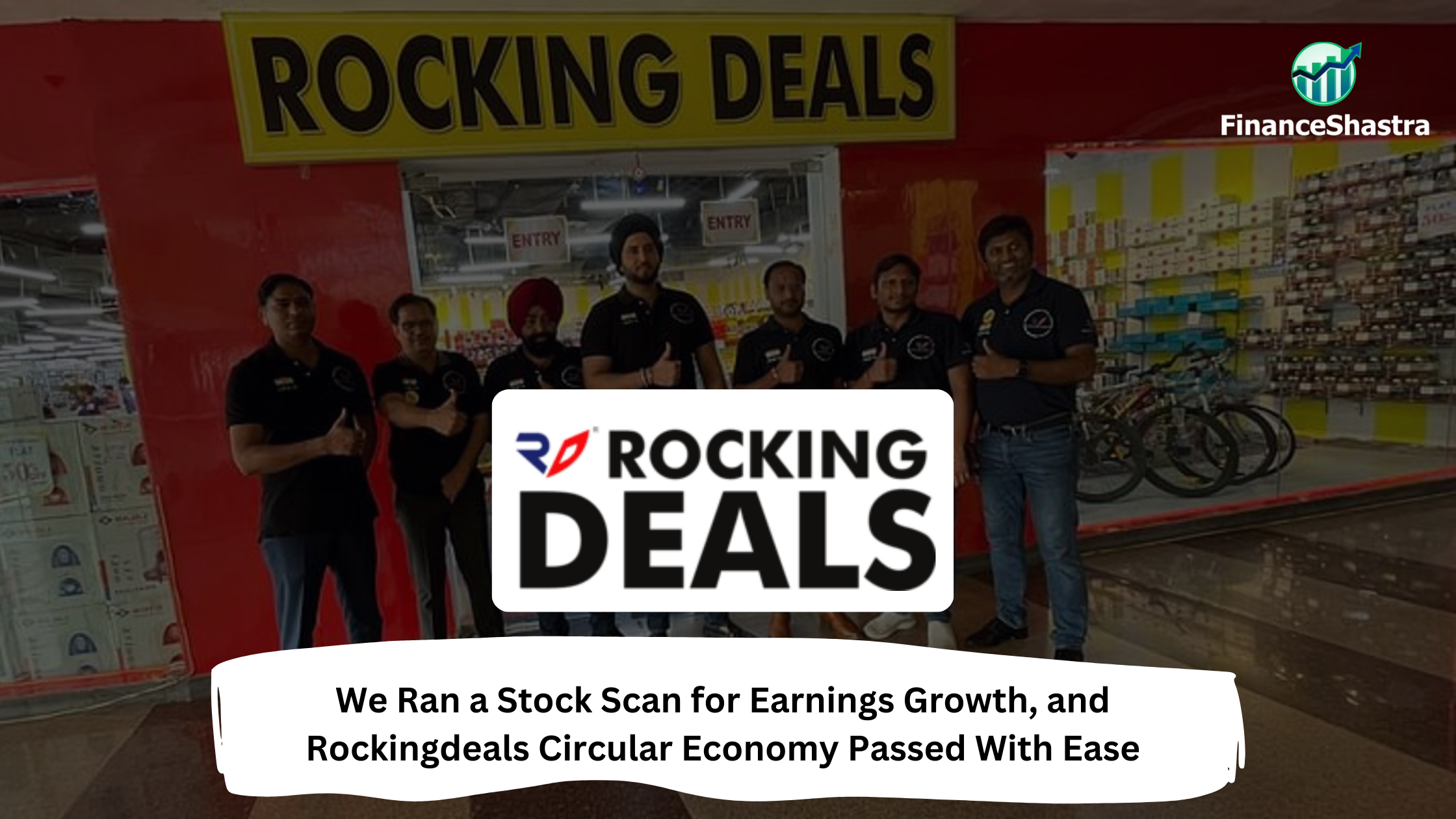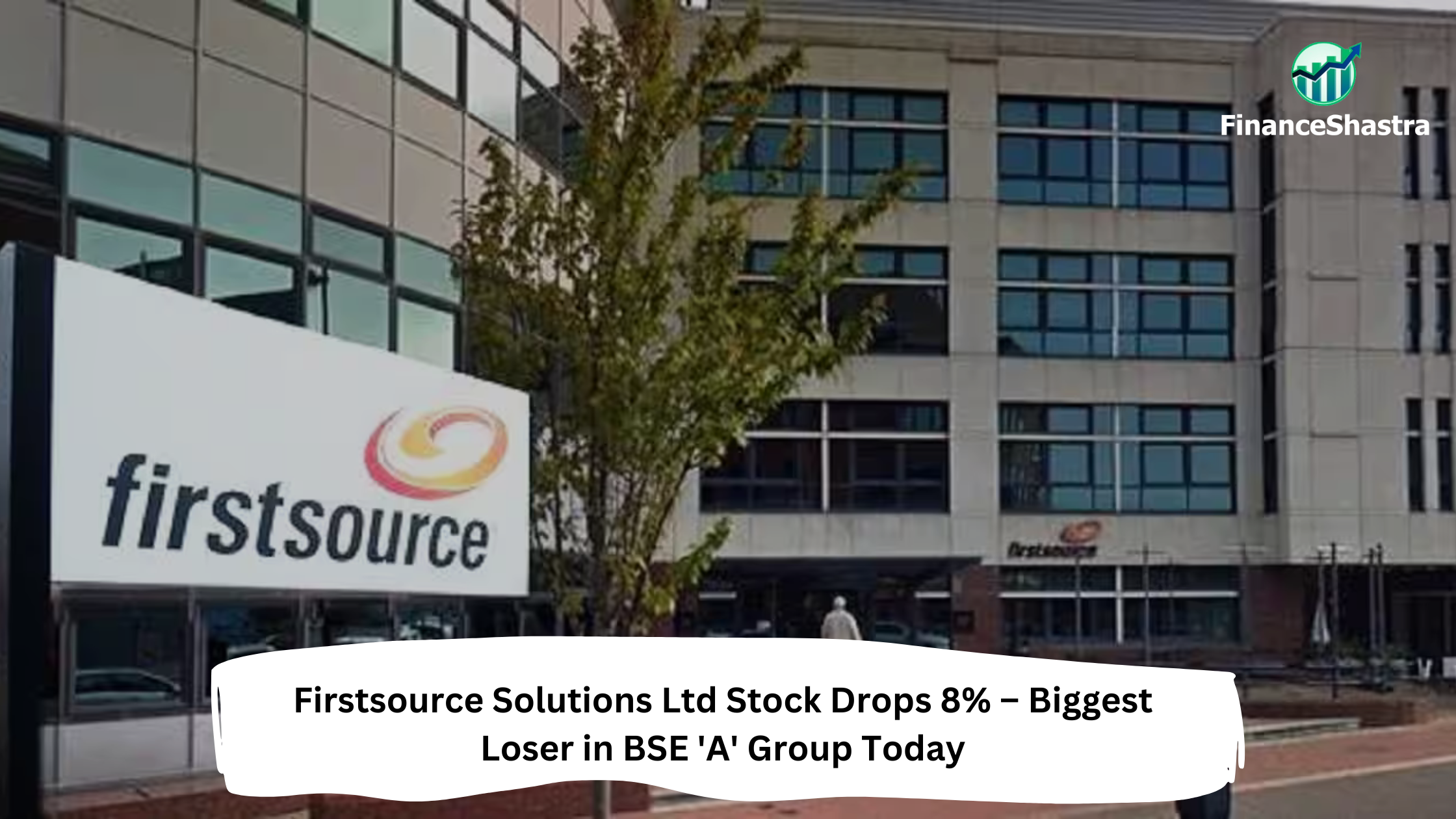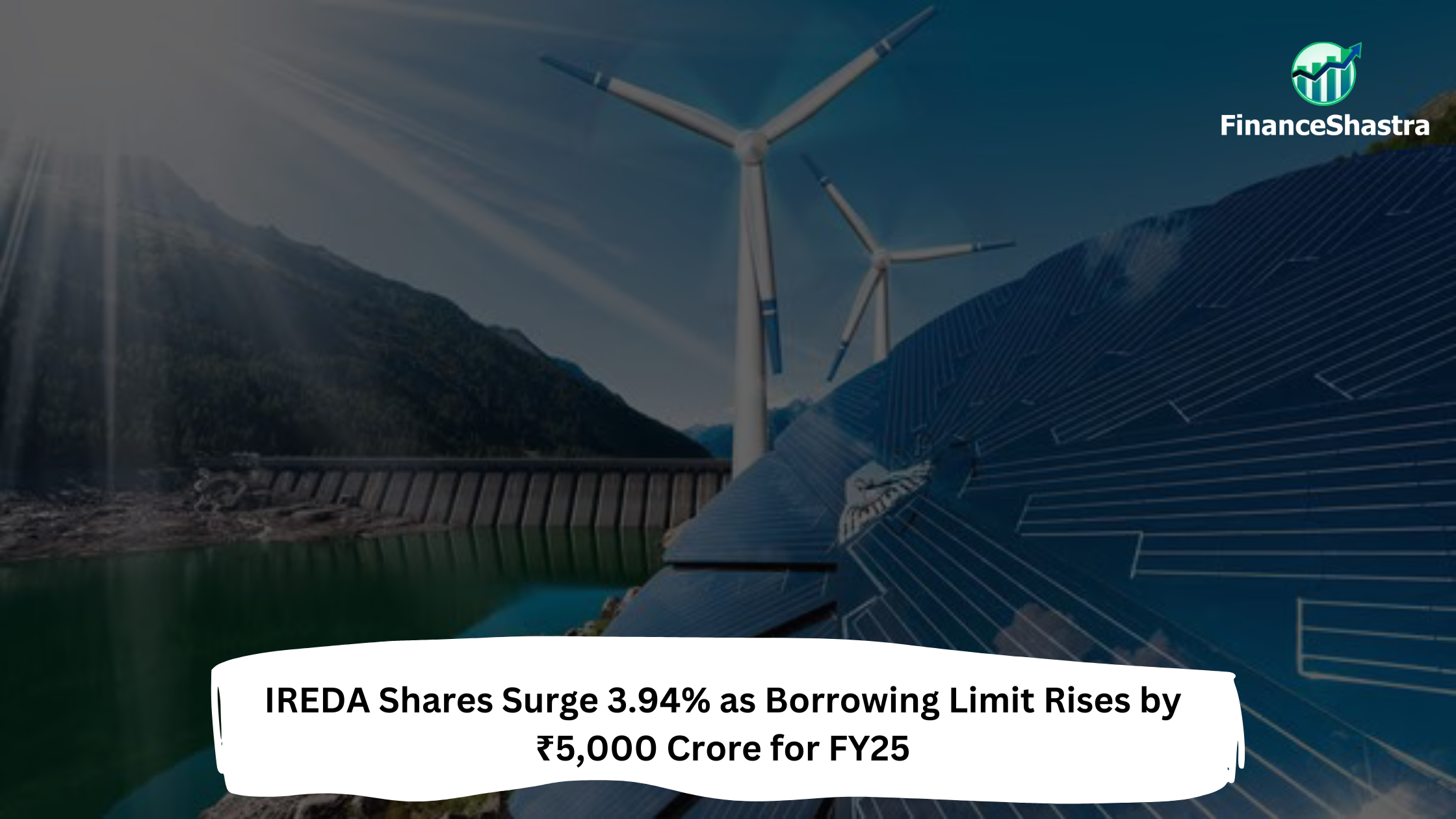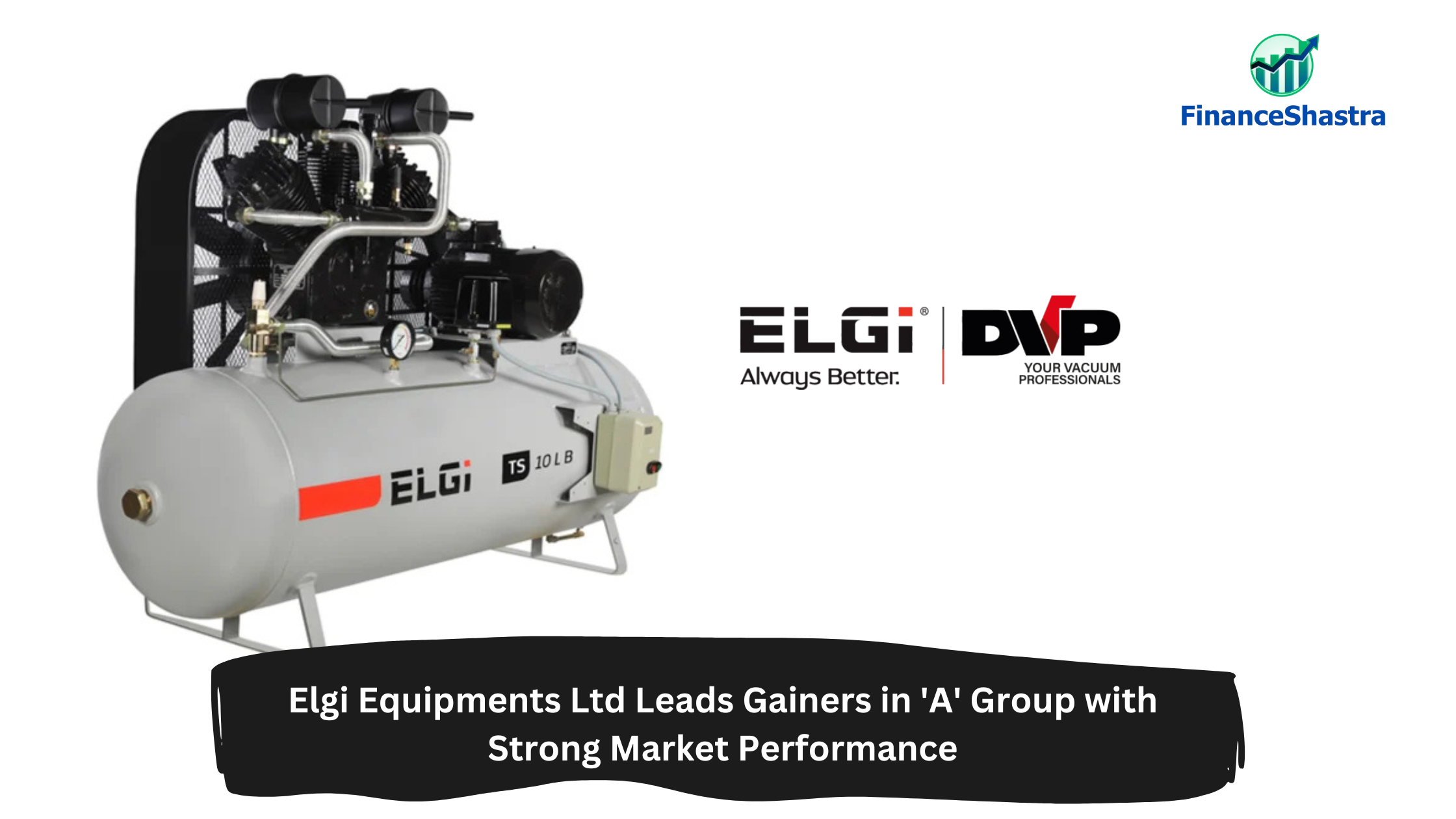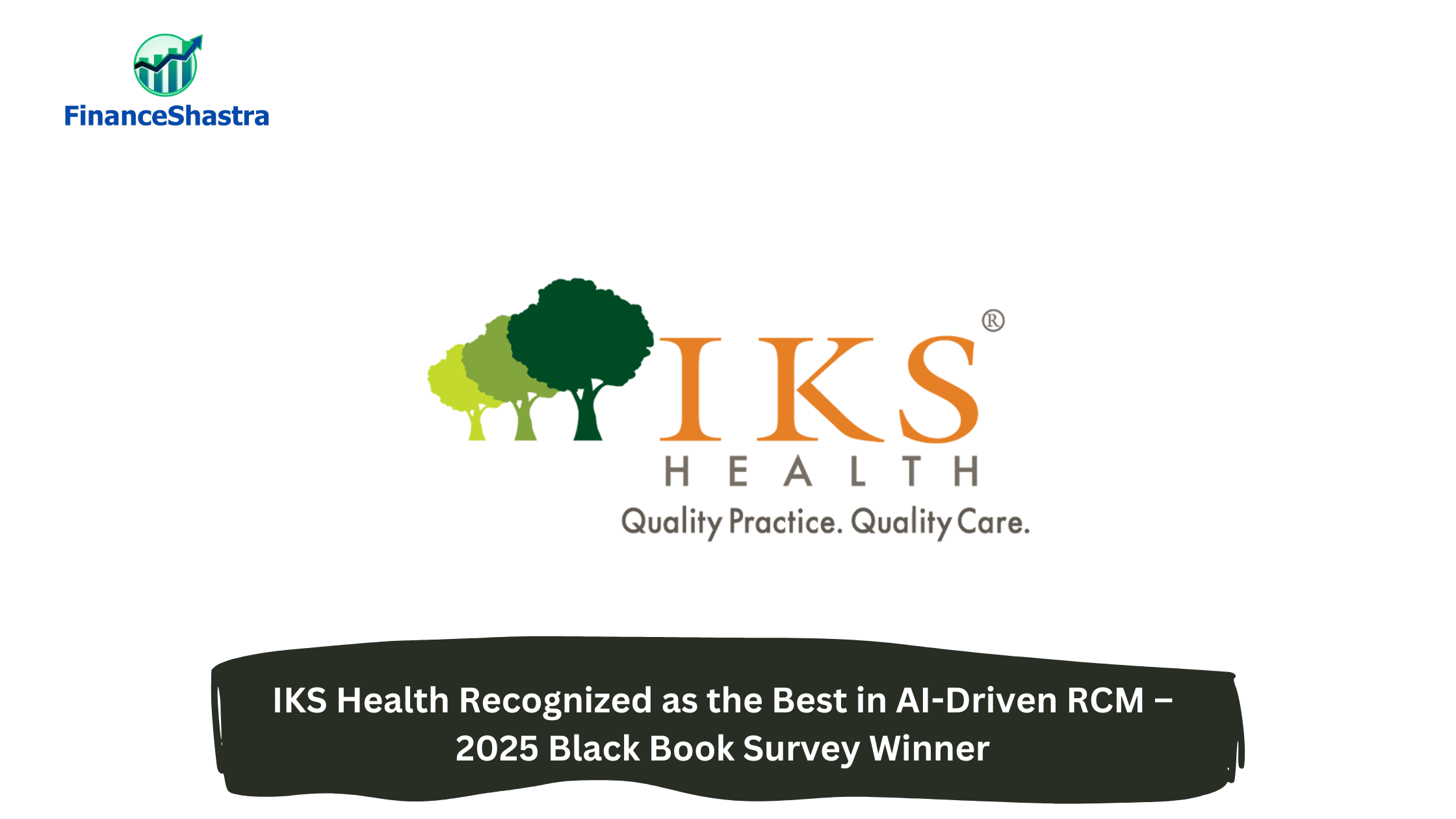AU Small Finance Bank Breaks Down: How to Trade at 52-Week Lows
Business and Industry Overview:
AU Small Finance Bank is India’s largest small finance bank. It is based in Jaipur. It started in 1996 as a company that gave loans for buying vehicles. In 2017, it became a full bank. The bank helps people with low and middle incomes. It also helps small businesses. It gives loans, savings accounts, and other banking services. People can use UPI, mobile banking, and other digital services. The bank is listed on the stock market. Big investors like Warburg Pincus and International Finance Corporation have invested in it. In 2024, AU Bank merged with Fincare Small Finance Bank. This was the first merger between small banks. The bank has 2,383 branches in 25 states. It has 46,000 employees and 1.1 crore customers. It also has 505 ATMs across India. Its total deposits are ₹80,120 crore, and its total loans are ₹67,624 crore. The bank is growing fast. It is using technology to make banking easy. In 2023, it started a campaign with Bollywood actress Kiara Advani. The bank is strong and trusted.
Small Finance Banks (SFBs) are special banks in India that help small businesses, low-income people, and rural areas get banking services. They provide loans, savings accounts, deposits, and online banking. The industry is growing fast, with banks like AU Small Finance Bank and Ujjivan Small Finance Bank leading the way. SFBs are expanding quickly in rural and small-town areas, where many people do not have access to banks. In 2024, these banks are expected to grow their loans by 25–27%. mainly give loans for small businesses, homes, vehicles, and personal use. However, they face challenges in getting deposits because they offer higher interest rates to attract customers. To solve this, they are using other ways to get money, like selling loan portfolios to investors. Many SFBs have strong financial backing and are raising funds from investors and stock markets. They have also increased their capital reserves to remain stable. In the future, these banks will continue growing, especially in small towns and villages, helping more people and businesses get access to banking.
AU Small Finance Bank is the biggest small finance bank in India. It started as a finance company in 1996. In 2017, it became a small finance bank. It helps people and small businesses who cannot use big banks. The bank has grown very fast. It is now listed on the stock market. AU Bank has 2,383 branches across 25 states. It serves over 1.1 crore customers. Many of them live in villages and small towns. These places need better banking services. AU Bank gives loans, savings accounts, and other banking services. The bank uses technology to help customers. People can use online banking, video banking, and mobile banking. This makes banking easy and fast. The bank is strong financially. It has total assets of ₹1,01,176 crore. It has a good reputation and high credit ratings. AU Bank became more popular after a marketing campaign with Bollywood actress Kiara Advani. In 2024, it merged with Fincare Small Finance Bank. This made it even bigger.
The bank faces competition. Other small finance banks and big banks like HDFC and ICICI are its rivals. AU Bank offers higher interest rates to attract customers. It also reaches more villages and small towns. Its focus on technology and customer service makes it one of the best small finance banks in India.
Latest Stock News:
AU Small Finance Bank’s stock was moving between ₹540 and ₹730 for two years. Now, it has fallen below ₹540. If it stays below this level, the price may drop by 25-30%. The RSI, which shows stock strength, is moving toward the oversold zone. This means selling pressure is high, and the stock may fall more.
On March 17, the stock fell 2.7% and hit ₹478.35, its lowest price in a year. Since the start of 2025, it has dropped by 13%. This happened even when the overall stock market was doing well. NIFTY 50 rose by 0.50%, and SENSEX went up by 0.46%. The bank plans to raise ₹1,500 crore by selling special bonds. This will help strengthen its financial position. The bank’s total fundraising limit is ₹6,000 crore, approved in July 2024. Many other stocks also fell. A total of 199 stocks, including RR Kabel, Rolex Rings, and Muthoot Microfin, hit their lowest prices in a year. Despite this, the overall market remained strong. NIFTY 50 was up by 1.2%, and SENSEX increased by 1.31%. The bank is working to improve its finances, but investors are still unsure. The next few weeks will decide if the stock will recover or fall further.
Potentials:
AU Small Finance Bank has big plans for the future. It wants to grow and serve more people, especially in small towns and villages. Many people in these areas need banking services, and the bank wants to help them. The bank will continue to give loans to small businesses, homeowners, and individuals. To support this, it plans to raise ₹1,500 crore by selling bonds. This money will help the bank give more loans and stay strong. The bank may also borrow from other financial companies or find new investors. It is also working on improving online banking. Customers will be able to take loans, save money, and use other services easily through digital tools. The bank will use new technology to attract more customers and make banking simple. At the same time, the bank is focused on saving money and reducing risks. It checks its financial health regularly to stay strong. There are challenges like competition from other banks and market changes, but the bank is focused on steady growth. One of the bank’s biggest goals is to become a universal bank in the next 3-5 years. It has asked the Reserve Bank of India (RBI) for permission. If approved, the bank will offer more services and compete with big banks. It will also use new technology to grow and serve more people.
Analyst Insights:
- Market capitalization: ₹ 39,095 Cr.
- Current Price: ₹ 526
- 52-Week High/Low: ₹ 755 / 478
- Stock P/E: 19.2
- Dividend Yield: 0.19 %
- Return on Capital Employed (ROCE): -0.04 %
- Return on Equity: 13.0 %
AU Small Finance Bank is growing steadily. Net profit rose by 11.2% YoY to ₹392 crore, showing strong earnings. Net interest income (NII) increased 25% YoY to ₹1,383 crore, meaning the bank is making more money from loans. Loan book expanded by 25% YoY to ₹80,285 crore, showing high demand for loans. Deposits grew 23% YoY to ₹79,424 crore, indicating customer trust. Though gross NPA increased slightly to 1.98% from 1.98% last year, it is still under control. The bank’s strong growth, rising profits, and stable risk management make it a good stock to buy for the long term.


